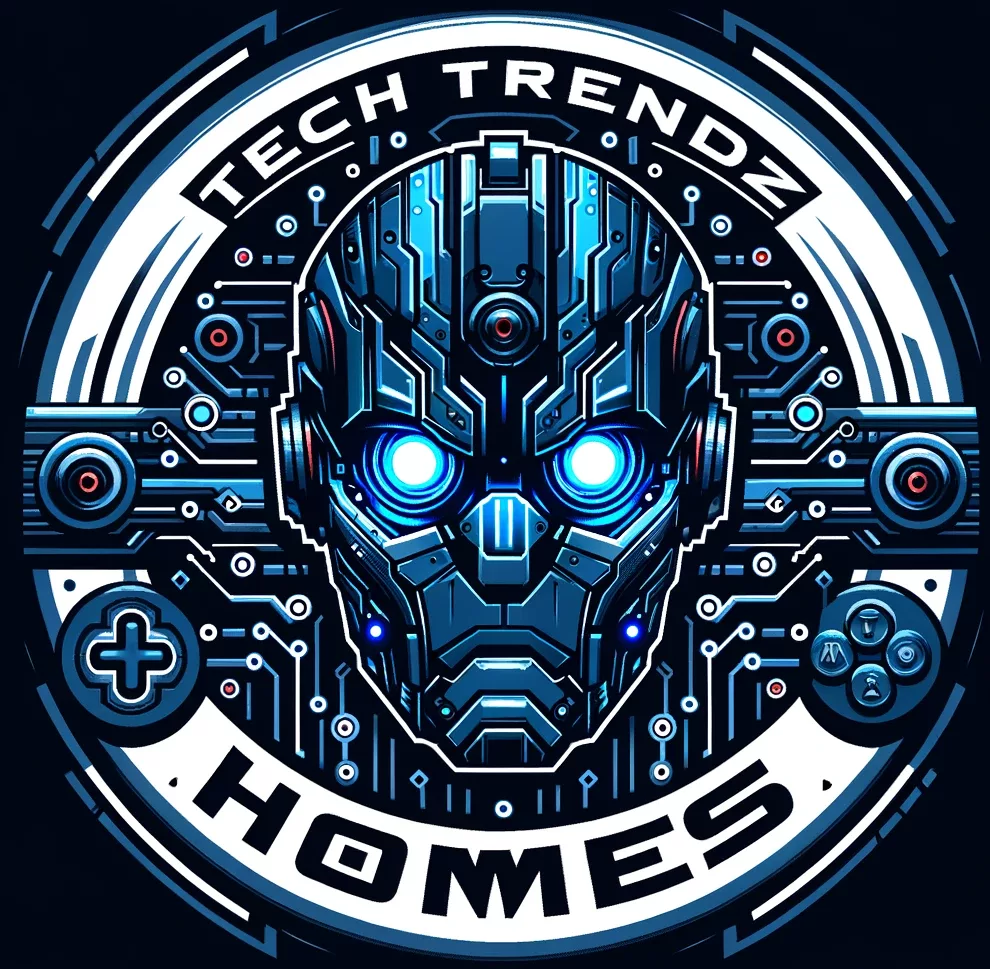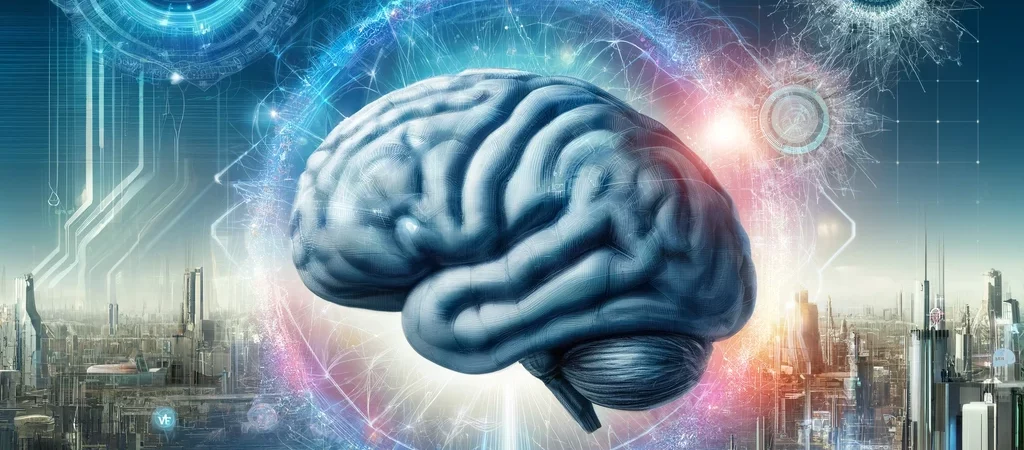I’m going to kick things off by exploring how AI’s growing presence is becoming a staple in our daily lives. Imagine waking up to a home that knows exactly what temperature you prefer, a fridge that suggests recipes based on what’s inside and even orders groceries you’re running low on. Sounds like science fiction? Guess what? It’s rapidly becoming science fact.
This isn’t just about convenience, though; it’s also about how these advancements bring along substantial privacy and data security concerns. I’ll delve into the challenges we face as our lives intertwine more closely with AI, and the strategies that are being developed to keep our personal data safe from prying eyes.
We’re also going to look into what this means for personalization technologies. Choose something that resonates with you when it comes to shopping or entertainment – AI will be there to make it even more intuitive and tailored just for you. It’s a bit like having a personal assistant with limitless capacity to learn your preferences and act on them.
I’ll wrap up this section by highlighting how crucial it is for us to manage this transition with care. That’s going to include anticipating potential pitfalls and being proactive about implementing safeguards. It’s not just about embracing the tech; it’s about shaping it to fit the life we aspire to lead without compromising our values or security.
Leading into the next section, I’ll bridge our discussion from the comfier confines of our smart homes to the critical arena of healthcare – another field where AI is set to make monumental strides. We’re going to find out about the profound changes AI is promising in how we monitor, diagnose, and treat health conditions – where the stakes are, literally, life and death.
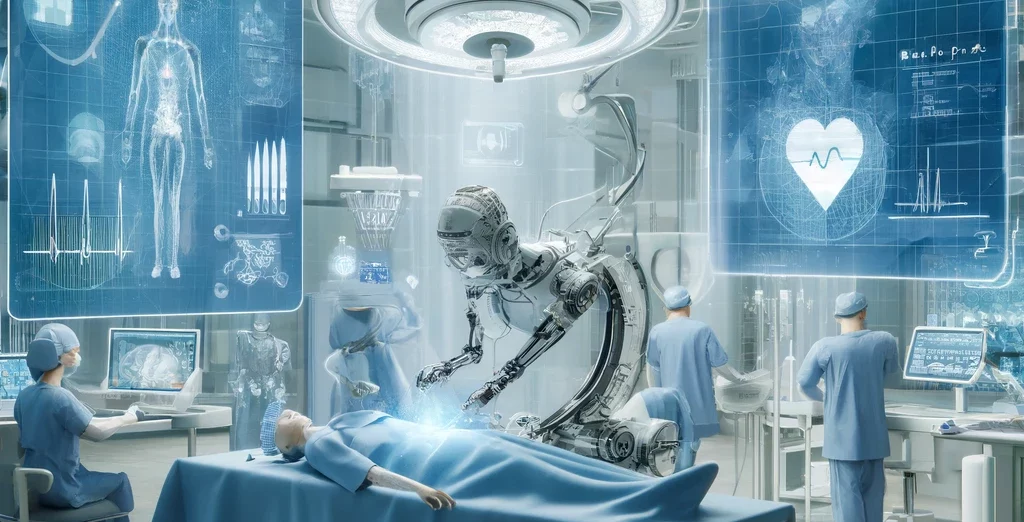
A Quantum Leap in Healthcare: AI as the New Medical Ally
Imagine a world where medical diagnoses are swift, treatments are highly personalized, and surgeries are performed with unparalleled precision. That’s not just a hopeful picture of the future; it’s a reality that’s unfolding before us, fueled by the advances in Artificial Intelligence. AI is set to turn the tables in healthcare, providing solutions that were once thought impossible.
One of the most profound impacts of AI in healthcare is its ability to sift through vast datasets to uncover patterns and insights that would take humans years to analyze. This big data approach helps in crafting early diagnosis tools, especially for life-threatening diseases such as cancer, which relies on catching the condition as early as possible for a better chance of recovery.
AI isn’t stopping at diagnosis; it’s revolutionizing treatment plans too. Personalized medicine, tailored to the genetic makeup of individual patients, is on the rise. With AI’s computational power, treatments are becoming more accurate, efficient, and, importantly, less invasive, which can mean quicker recovery times and reduced hospital stays.
Robotic surgery, augmented by AI, is already making waves. By equipping robots with advanced AI algorithms, surgeries are completing with a level of precision that minimizes risks and improves outcomes. While the prowess of human surgeons is undeniable, AI-assisted robots can execute complex procedures with a steadier ‘hand’ and often with much smaller incisions.
As we marinate in the potential of AI’s offerings in healthcare, it’s crucial to steer these developments with a moral compass. The efficiency and benefits of AI should never come at the cost of compromising patient care ethics. Moving forward involves ensuring that AI complements rather than replaces, the critical element of human touch in healthcare.
Beyond the treatment room, AI is charting new territories in administrative tasks. It’s training to handle appointment scheduling, patient queries, and managing medical records, which can free up healthcare professionals to focus on what they do best – caring for patients.
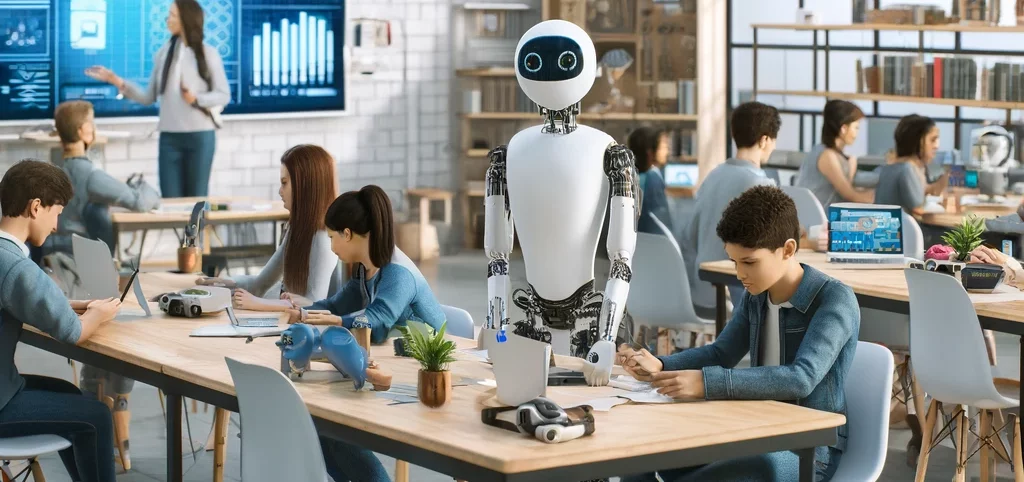
Educational Evolution: Customized Learning Through AI
Imagine a classroom where every student receives personalized attention tailored to their unique learning style and pace. That’s going to include AI-powered tools to transform educational experiences into something incredibly adaptive and effective. This isn’t just about utilizing cutting-edge technology; it’s also about leveling the educational playing field for students of diverse backgrounds and learning capabilities.
In my opinion, the most powerful aspect of AI in education lies in its ability to customize. AI can analyze individual student performance, adjust the difficulty of problems, and even suggest resources that strengthen understanding in specific areas. It’s a game-changer for educators, allowing teachers to focus on more creative and interpersonal aspects of teaching while AI handles the data-driven personalization.
A lot is happening very quickly in educational AI. You’re going to find out about interactive learning environments that support real-time feedback, not just for students but also for educators. This feedback can help pinpoint which parts of the curriculum are working well and what needs to be tweaked, ensuring that educational content is not only engaging but also truly effective.
Don’t worry too much about AI replacing teachers; the goal here is augmentation, not replacement. AI is here to complement the efforts of human educators by undertaking the more tedious tasks like grading and record-keeping, freeing up teachers to engage more deeply with their students.
Choose something that resonates with you, and for educators, it’s the promise of AI in creating more inclusive learning environments. By identifying and supporting students with learning disabilities, for example, AI can foster better educational outcomes and minimize the dropout rates. It’s really about harnessing technology to build a stronger foundation for the future of education.
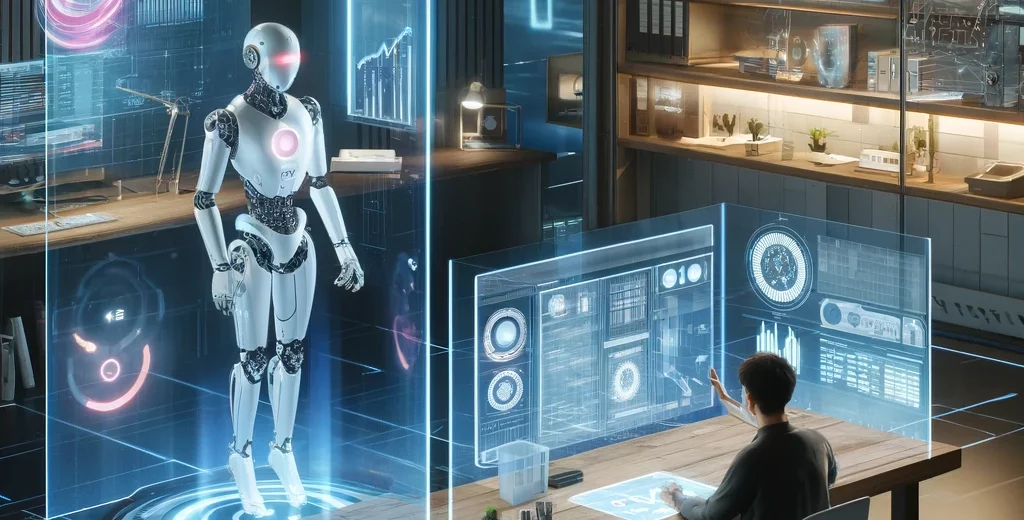
The Future of Artificial Intelligence: What Lies Ahead?
As we stride into a future where AI plays a central role, we bump into major ethical crossroads. The decisions we make now aren’t just about bytes and data; they’re about real people and societal impacts. The quest for ethical AI is about ensuring that these technologies work for everyone without causing harm. It’s about acknowledging the elephant in the room: AI’s potential to inherit and magnify human biases, and taking proactive steps to prevent this.
Now, what I’m talking about isn’t science fiction. When you let AI algorithms sift through job applications or evaluate loan approvals, there’s a real risk of perpetuating existing disparities. That’s going to include making sure that AI doesn’t associate negative characteristics based on ethnicity, gender, or socioeconomic status. So, the future we’re walking towards will likely see a surge in international regulations focusing on ethical use, transparency, and accountability of AI technologies.
Ethical standards for AI are in no way a killjoy. They’re the foundations that keep the AI ecosystem grounded in human values. Current discussions aren’t just about policing AI; they’re about collaborative approaches to shape AI as a tool for equitable growth. This includes stepping up efforts to audit AI systems and mitigate biases. It also involves creating more diverse teams to inform AI development which reflects a greater swath of human experience and knowledge.
Steering clear of the dystopian narratives, the onus is on developers, policymakers, and users to collaborate. Part of that collaboration will be firms and research institutions working with ethicists to frame the guidelines for human-centered AI. This isn’t just about compliance—it’s also about cultivating a culture where ethical considerations stand at the forefront of innovation. Let’s equip ourselves with the foresight to establish AI as a benevolent force in society.
Moving smoothly from ethical considerations, we transition into how AI reshapes economies and workforces. Section 5 will explore the interplay between job creation and displacement, underlining the necessity for AI literacy and the emergence of new career paths directly influenced by these advances in AI.
Conclusion
The horizon for AI is vast and filled with potential. As we continue to explore and integrate this technology, it remains crucial to navigate its challenges thoughtfully, ensuring it serves humanity positively and ethically. The future of AI holds incredible promise for innovation and improvement across all aspects of life, but it must be approached with careful consideration and responsibility.
